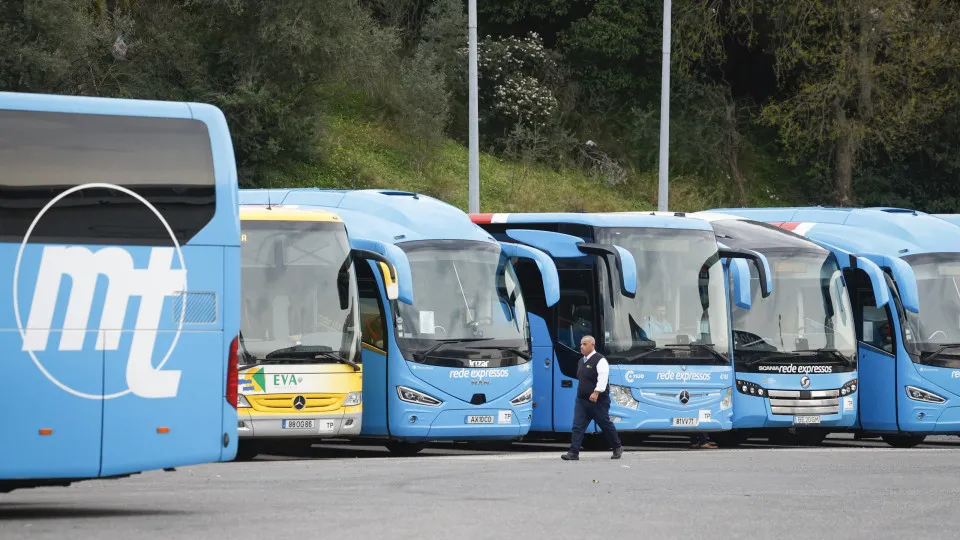
The latest data on greenhouse gas (GHG) emissions suggest an apparent alignment with a 55% reduction target by 2030, compared to 2005 levels. However, the environmental organization Zero warns this may be misleading due to trends in the transport, electricity production, agriculture, and waste sectors.
For 2023, excluding land use and forestry changes, GHG emissions totaled 53.3 million tons of carbon dioxide, a 5.6% reduction from 2022.
“This decrease was primarily driven by the continued decarbonization of the energy industrial sector, which saw a reduction of around 30% compared to the previous year. However, this decline hides increases in emissions in areas misaligned with the necessary trajectories to meet their targets,” Zero stated in a press release today.
Zero explains that emissions from the road transport subsector are significantly above the trajectory aligned with targets, showing even increasing emissions with a 7% rise in 2023 compared to the previous year.
In general, transport already accounted for a third (34%) of the country’s emissions, posing the risk of “reversing the emission reduction trend,” threatening projected goals.
Recent indicators show a 1.5% rise in road fuel consumption (up to July this year), suggesting another increase in emissions when a 7% reduction was anticipated.
The situation is likely to worsen, according to Zero, as there are no immediate measures anticipated, such as investing 15% of road tax revenues (ISP, IUC, and ISV) in subsidizing the electrification of high-usage vehicles.
The statement also highlights agriculture, with a decade of increasing emissions incompatible with PNEC2030 goals. Similarly, waste management shows stable, rather than decreasing, emissions. Agriculture accounts for 13% of national emissions and waste 11%.
Zero also points to concerns in the electricity production sector, which had the largest emission reductions over the past decade, but is now at risk of “contributing to deviation from the trajectory.”
“Since the start of the year, gas consumption for electricity production has more than doubled (+135.9%) compared to the same period in 2024, increasing following the blackout, and has not returned to previous levels,” Zero explains.
The national situation is further exacerbated by the extensive burnt area this year, leaving fewer trees to absorb carbon dioxide, highlighting the urgency to “redouble efforts to reduce emissions across different economic sectors.”
Zero reiterates in the release that the next PNEC revision proposal will be submitted to the European Union in 2029, a year before the target deadline, stressing the need for immediate action to realign emissions across various sectors with PNEC 2030 reduction trajectories.




